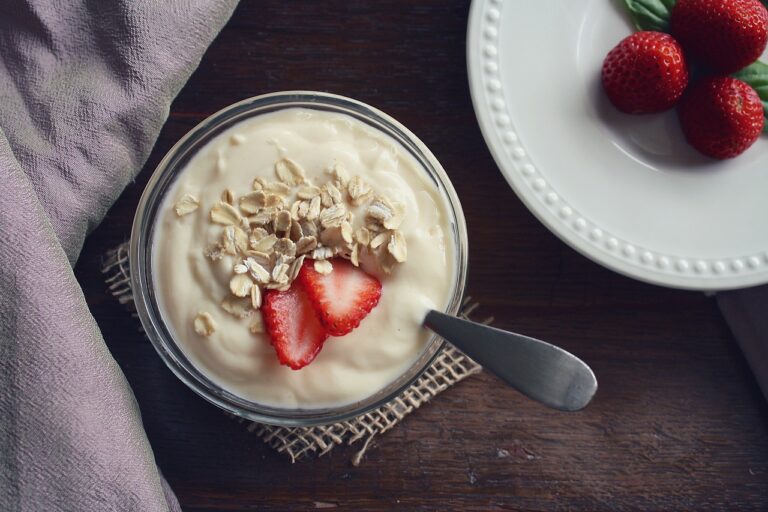Dairy Product Trends: Non-Dairy Creamers and Milk Substitutes
diamond exch 999, play 99 exch login, reddybookclub:Dairy Product Trends: Non-Dairy Creamers and Milk Substitutes
The dairy industry has been experiencing a significant shift in recent years, with an increasing number of consumers opting for non-dairy alternatives to traditional dairy products. One of the key areas where this trend is particularly apparent is in the market for non-dairy creamers and milk substitutes.
Non-dairy creamers have become increasingly popular among consumers looking for an alternative to traditional dairy creamers. These products are typically made from a blend of water, oil, and various additives to mimic the texture and taste of dairy creamer. Non-dairy creamers are often marketed as being healthier alternatives to traditional creamers, as they are typically lower in calories and fat.
Similarly, milk substitutes have also seen a surge in popularity in recent years. These products, which include almond milk, soy milk, and coconut milk, are made from plant-based ingredients and are often dairy-free. Milk substitutes are popular among consumers who are lactose intolerant, have dairy allergies, or are looking to reduce their consumption of animal products.
The rise of non-dairy creamers and milk substitutes can be attributed to a number of factors. One of the key drivers of this trend is the growing interest in plant-based diets and veganism. Many consumers are seeking out alternatives to traditional dairy products for ethical, environmental, and health reasons.
Additionally, the rise of non-dairy creamers and milk substitutes can also be attributed to changing consumer preferences. Many consumers are looking for healthier options when it comes to their food and beverage choices, and non-dairy alternatives are often perceived as being healthier options than their dairy counterparts.
In response to the growing demand for non-dairy creamers and milk substitutes, a number of food companies have begun to introduce new products to meet this need. These products come in a variety of flavors and formulations, catering to a wide range of consumer preferences.
Non-dairy creamers and milk substitutes are not only popular among consumers looking for alternatives to traditional dairy products, but they are also gaining traction in the foodservice industry. Many cafes, restaurants, and coffee shops now offer non-dairy creamers and milk substitutes as options for their customers, recognizing the growing demand for these products.
As the demand for non-dairy creamers and milk substitutes continues to grow, we can expect to see even more innovation in this space. New flavors, formulations, and brands are likely to emerge, catering to the diverse tastes and preferences of consumers.
In conclusion, non-dairy creamers and milk substitutes have quickly become a staple in the dairy industry, offering consumers a healthier and more ethical alternative to traditional dairy products. As consumer interest in plant-based diets continues to rise, we can expect to see the popularity of these products continue to grow in the years to come.
—
FAQs:
Q: Are non-dairy creamers and milk substitutes as nutritious as traditional dairy products?
A: Non-dairy creamers and milk substitutes can be just as nutritious as traditional dairy products, depending on the brand and formulation. Many non-dairy alternatives are fortified with vitamins and minerals to make them a comparable option to traditional dairy products.
Q: Are non-dairy creamers and milk substitutes more expensive than traditional dairy products?
A: Non-dairy creamers and milk substitutes can be slightly more expensive than traditional dairy products, but the price difference is often minimal. The cost of these products may vary depending on the brand and formulation.
Q: Can non-dairy creamers and milk substitutes be used in cooking and baking?
A: Non-dairy creamers and milk substitutes can be used in cooking and baking as substitutes for traditional dairy products. However, it’s important to note that some non-dairy alternatives may have a slightly different taste or texture, so it’s best to experiment with different brands and formulations to find what works best for your recipes.







